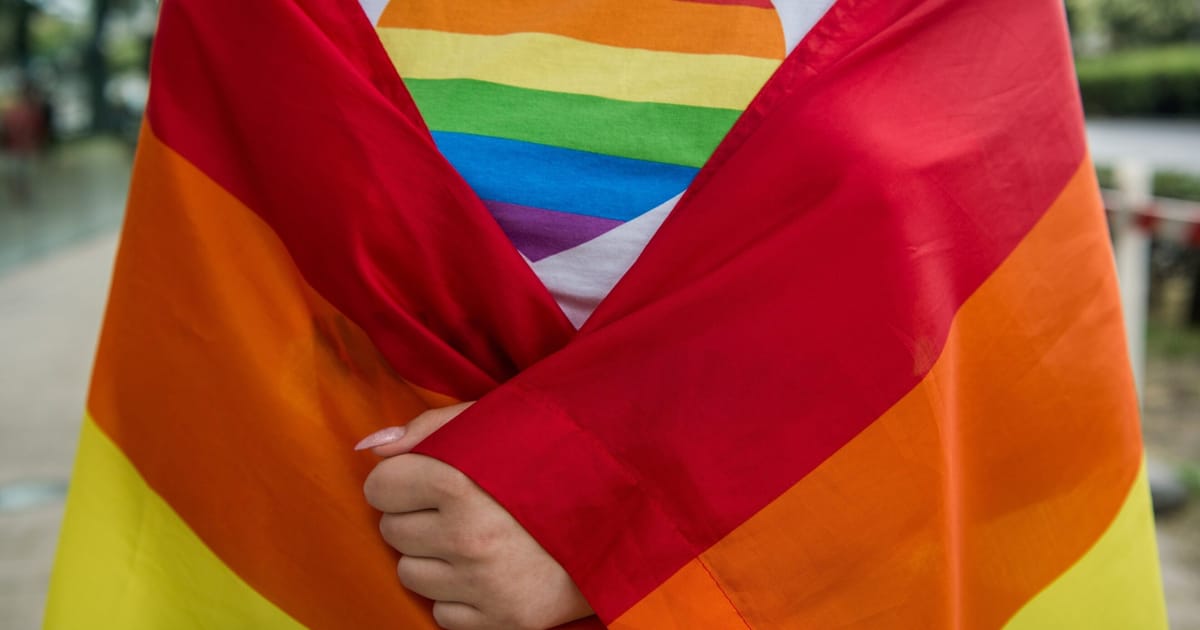

In a remarkable display of unity and resilience, tens of thousands of participants gathered in Budapest for the annual Pride march despite a ban instituted by the Hungarian government. The vibrant procession, characterized by colorful flags and expressions of solidarity, unfolded peacefully against the backdrop of increased political tensions in the country. This act of defiance was further spurred by Mayor Gergely Karácsony’s encouraging appeal to citizens to stand together for freedom and equality.
The Hungarian government’s decision to prohibit the Pride march, led by Prime Minister Viktor Orbán, has been met with criticism, both locally and internationally. The crackdown aligns with broader measures perceived as attempts to curtail democratic freedoms ahead of a highly competitive election next year. These actions have drawn sharp criticism from various quarters, most notably Spain, whose officials have urged the European Commission to adopt a stronger stance against Hungary’s restrictive policies.
Amidst this atmosphere, the streets of Budapest came alive with jubilant participants who moved at a leisurely pace, exuding an air of calm defiance. Many carried signs creatively critiquing the Prime Minister’s stance, while others simply reveled in the collective spirit of the event. Their presence signified not just a pursuit of individual freedoms but also a broader call for respect and equal rights for all.
The event highlighted the complex dynamics of contemporary European politics, wherein questions of individual liberties and democratic principles often intersect with national policies and governance. The European Commission has faced calls for stronger involvement to safeguard democratic values across member states, highlighting the evolving dialogue about unity and diversity within the European Union.
Meanwhile, similar expressions of solidarity were seen beyond Hungary’s borders. In Porto, Portugal, the 20th March of LGBTI+ Pride took to the streets, drawing large crowds who celebrated diversity and stood against growing hate speech. Organizers emphasized the importance of maintaining these spaces for inclusivity and acceptance, amid global challenges to such ideals.
In both cities, the Pride marches became a tapestry of colors and expressions, each individual adding their unique voice to a chorus advocating for dignity and human rights. Despite governmental opposition, the persistence of these celebrations illustrates the strength of community and the enduring power of peaceful protest in effecting change.
While the political landscapes in both Hungary and broader Europe face numerous challenges, events like these remind us of the underlying affinity for freedom and solidarity that can unite individuals across differing communities and nations. As the ripple effects of these demonstrations continue to unfold, they echo a wider call for empathy, respect, and understanding among diverse groups.
The peaceful gatherings in Budapest and Porto underscore the intricate tapestry of the human rights movement within the global context, urging recognition of both landmarks achieved and strides yet to be made. As the clamor for justice resonates across cities, towns, and nations, it becomes a gentle reminder of the resilient spirit inherent in the quest for equity and acceptance.
Source: {link}
